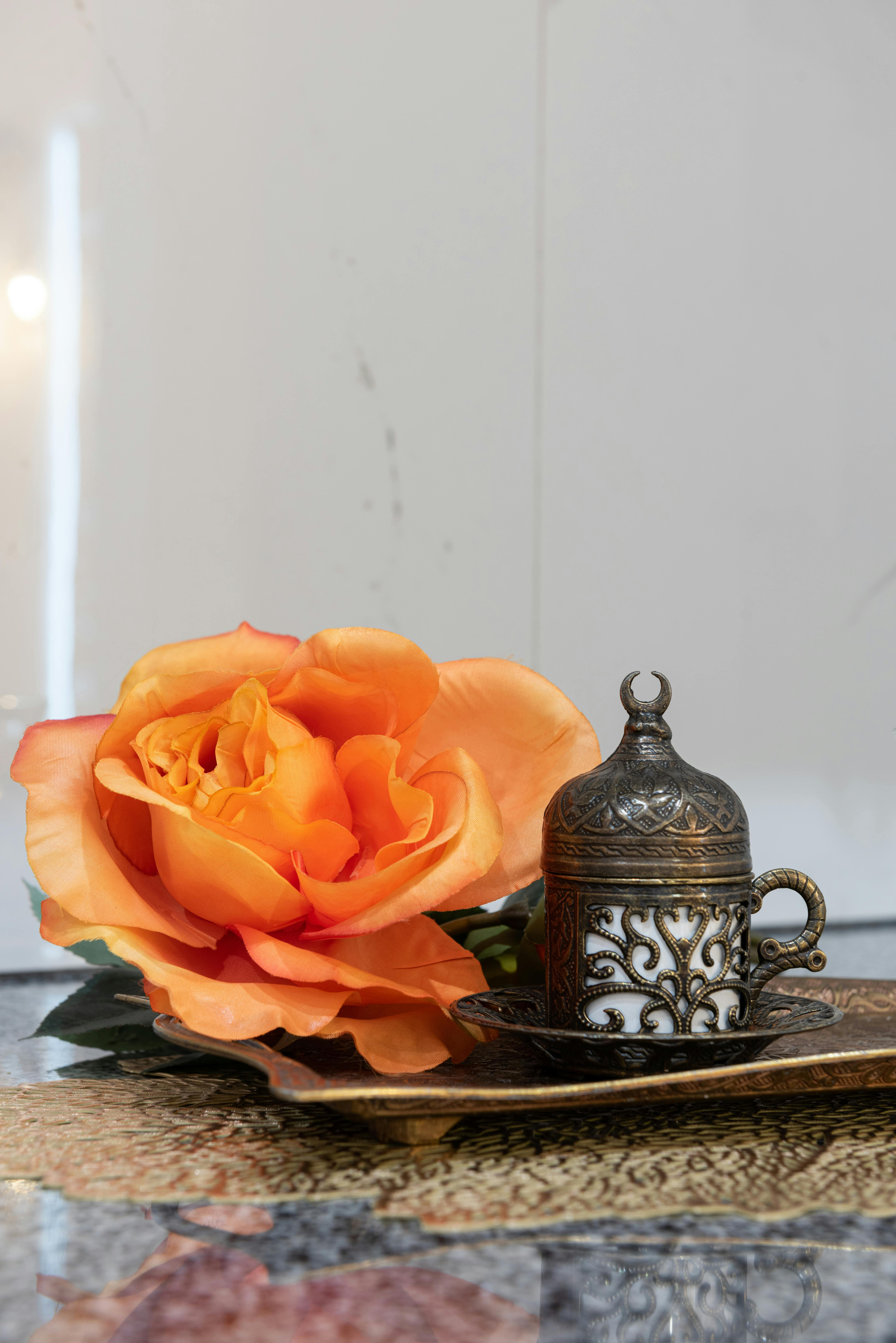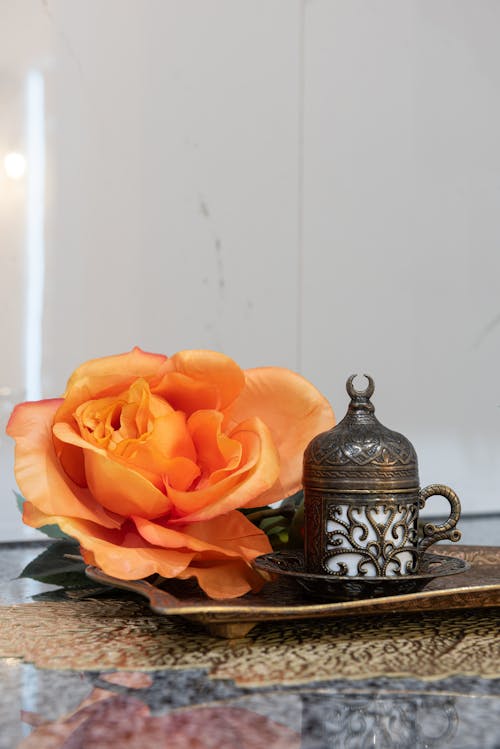
pipes, electrical wires, and ductwork are things that are hidden on your wall.If you hit any of these things, it would be bad.These things are usually covered by metal plates in order to prevent this from happening.
How big are metal plates in walls?
What is a metal stud?
How do I know if my wall has metal studs?
Why does my drywall have metal in it?
As you’re probably aware, your wall hides some useful things, like pipes, electrical wires, and ductwork.If you hit any of these things, it would be bad.These things are usually covered by metal plates in order to prevent this from happening.
Where can you not drill into walls?
It’s a good idea to avoid drilling near light sockets or outlets because wires in the wall can connect vertically and horizontally.It is possible to cause flooding by hitting a pipe in the wall.A simple rule of thumb is not to drill near electrical hookups or piping.
Is steel cheaper than wood?
Wood is cheaper than steel.More professionals have experience with wood than with metal.
Is wood or steel better for soundproofing?
Steel studs are more isolated than wood ones.The 25-gauge steel has a slightly greater flex.
Can you put a TV bracket on a plasterboard wall?
The answer is yes, you can put a TV on a wall.Even if the TV is large and heavy, it is possible to hang it on the wall.
What is better drywall or plaster?
Even high-level drywall finishes are not as durable as plaster.In a number of key areas, plaster is superior to drywall.By nature, mold can’t grow in plaster.
Is it OK to drywall over plaster?
If your walls are dull or ugly because of plaster that is past its prime, you can cover them with drywall.It’s as simple as putting the sheets over the plaster.Some sheets can be used to cover up old flaws.
Why can’t I drill through brick?
It is slightly different from drilling wood.This is because masonry is very dense.We will explain the easiest, most efficient way to drill into brick and masonry, the drill bits you should be using for the job, and other tips to consider along the way.
How do you tell if you drill into a stud?
Make a fist and hit the wall.You can hear a hollow sound in some places.Other areas will sound like they have knocked on a stud.Studs are 16 to 24 inches apart.
What happens if you drill into a live wire?
It is necessary to repair an electric cable if you suspect it has been hit.Before touching anything, make sure the power is turned off.You run the risk of a fatal electric shock if the protective earth conductor has been damaged.
Why is there metal in my wall?
As you’re probably aware, your wall hides some useful things, like pipes, electrical wires, and ductwork.If you hit any of these things, it would be bad.These things are usually covered by metal plates in order to prevent this from happening.
How can you tell if a wall is plaster or drywall?
Some experts use a pushpin test to find out what wall they’re working with.Press the pushpin on the wall with your thumb.It’s drywall if the pin pokes into the wall easily.That’s plaster if it doesn’t.
Do steel studs rust?
Steel studs are prone to decay from rust.Some can still rust at the base even though they are galvanized.
Should I use metal studs in basement?
Is it possible to frame a basement with metal studs?Metal studs are better suited for humid environments.They offer many advantages over wood as they don’t warp or rot, but they’re not suitable for load-bearing purposes.
Does brick absorb sound?
The density of brick makes it great at blocking out sound.Sound waves bounce off brick walls and affect the noise on the inside of the room.Sound-Absorbing materials can be used to improve sound in a brick room.

